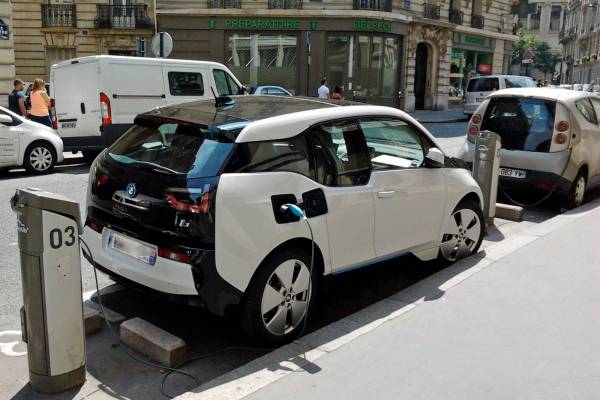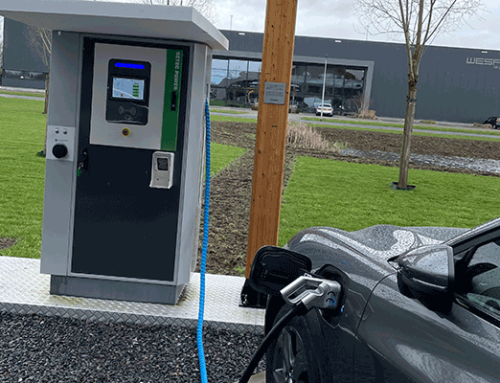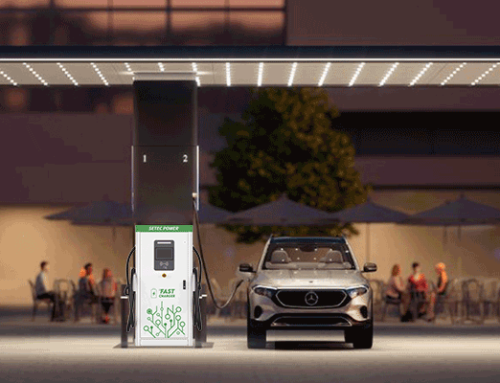With the number of electric vehicles on European roads likely to reach 130 million by 2035, according to a recent report by the European Electricity Industry Alliance, governments and utilities need to develop ambitious plans to reduce the red tape required to install car chargers.
According to the report, there are currently 3.3 million electric vehicles on European roads, and by 2035, Europe will need 65 million electric vehicle charging points, including 9 million public charging points and 56 million residential charging points, to cope with electric vehicles Rapid growth in numbers.
Data shows that in 2021, there will be one pure electric vehicle in every 11 new cars sold in Europe, an increase of 63% from 2020.

There are currently 374,000 public charging points in Europe, two-thirds of which are concentrated in five countries – the Netherlands, France, Italy, Germany and the United Kingdom, while some European countries still do not reach one charging point per 100 kilometers. Polarization between economies risks destabilizing electrification.” So to meet demand, Europe will need to install 500,000 public charging points per year by 2030, and 1 million per year thereafter.
However, the European Electricity Industry Federation said the construction of public charging infrastructure is currently “faced with significant delays” due to planning and permitting issues. Growth in electric vehicle sales will increase Europe’s electricity demand by 11 percent a year, the report said.
To mitigate risks to local grids, the report recommends supporting smart charging solutions – such as a tax on EV owners to encourage them to charge overnight during off-peak hours – which could reduce peak demand for electricity by 21%.














